
Today, November 20, the President of Kyrgyzstan, Sadyr Japarov, met with the President of the...
The Asian Development Bank (ADB) announced its intention to allocate 50% of its annual lending...
The President of the Asian Development Bank, Masato Kando, has arrived in Kyrgyzstan for an...
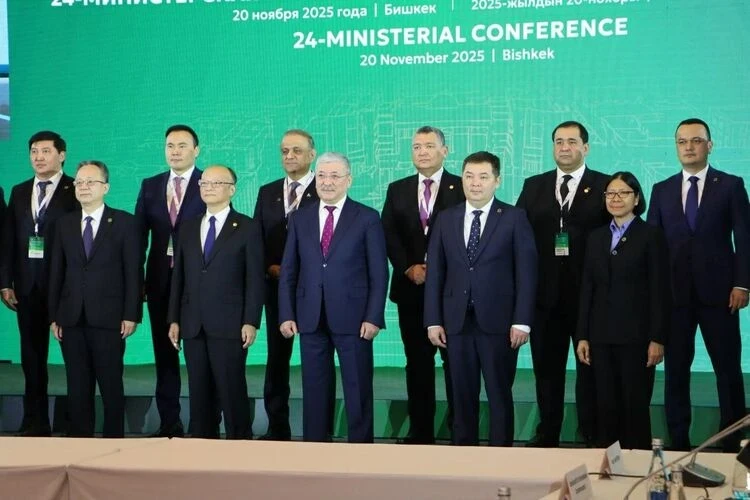
Photo courtesy of the Ministry of Economy The Asian Development Bank (ADB) has announced its...

Today, a meeting took place between the President of Kyrgyzstan Sadyr Japarov and Masato Kanda,...
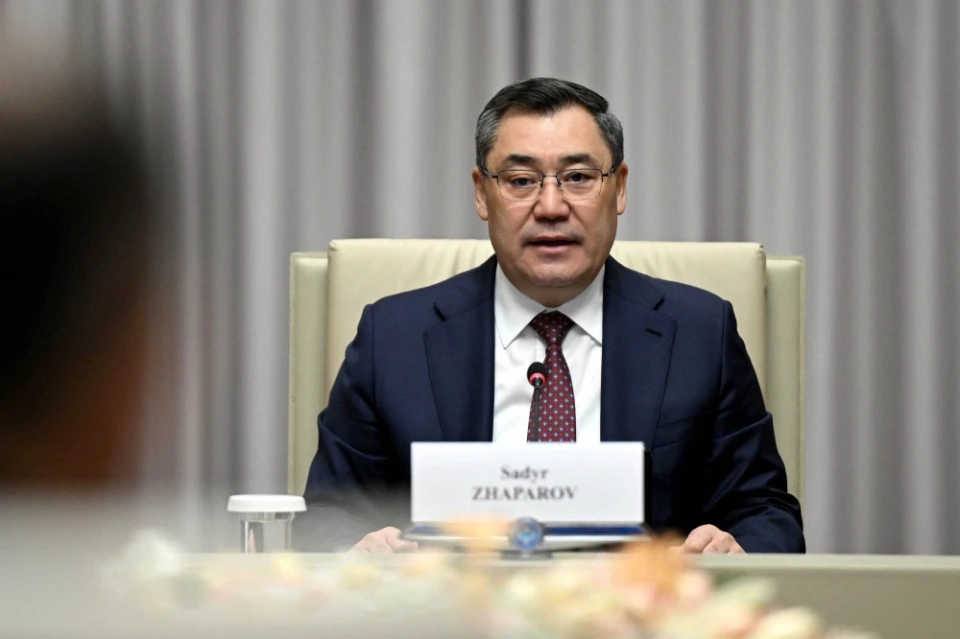
At the meeting, Japarov emphasized that Kyrgyzstan is actively creating conditions for the...
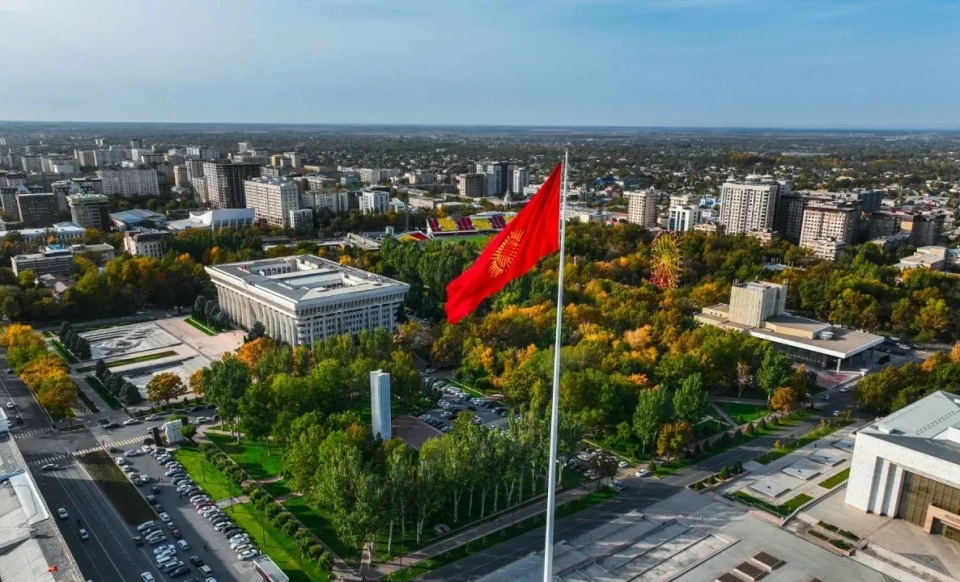
The President of Kyrgyzstan, Sadyr Japarov, speaking at a youth forum in Bishkek, announced plans...
- By 2030, Kyrgyzstan intends to increase the export of critical minerals to $1 billion. This...
At a meeting with the delegation of the Asian Development Bank (ADB), led by President Masato...
In Kyrgyzstan, a meeting of the working group preparing the State Program for the Development of...
In Kyrgyzstan, the opening of more than a hundred new manufacturing enterprises is expected by the...

Photo ADB: Director of the Asian Development Bank for the Kyrgyz Republic In an interview with...
On November 20, a meeting took place in Bishkek between Prime Minister Adylbek Kasymaliev and...
In an interview with the "Kabar" agency, President Japarov commented on the establishment...
In 2025, the agro-industrial sector will receive more than 6 billion soms in the form of...
In an interview with the "Kabar" agency, President Sadyr Japarov commented on the current...
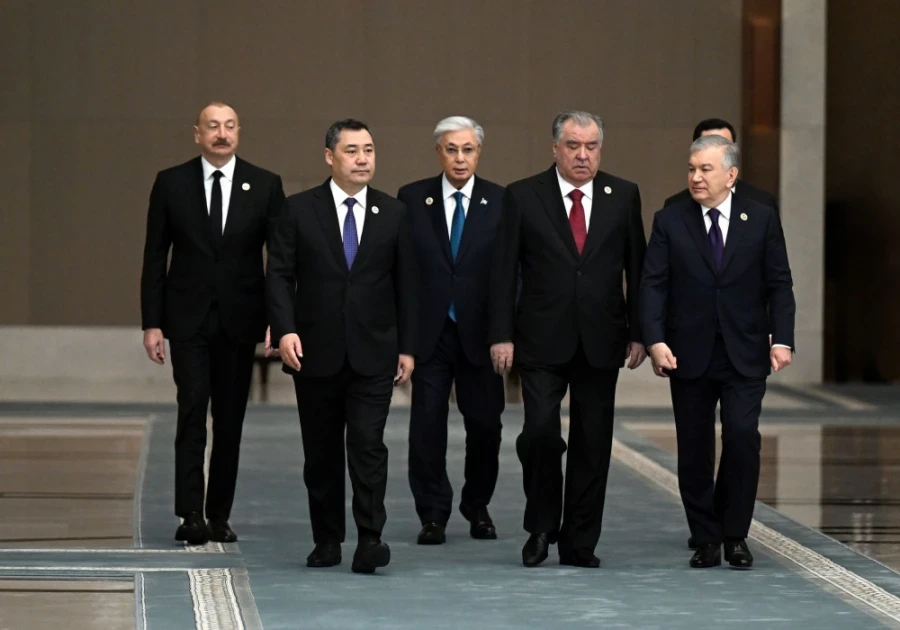
“Results are necessary; otherwise, the council may remain merely consultative” This week, the...
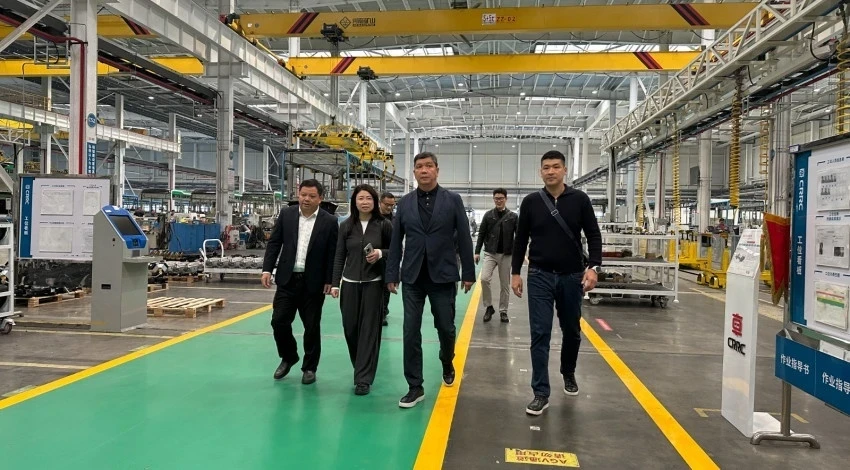
As part of his working visit to China, Aibek Junushaliev, the mayor of the capital of Kyrgyzstan,...
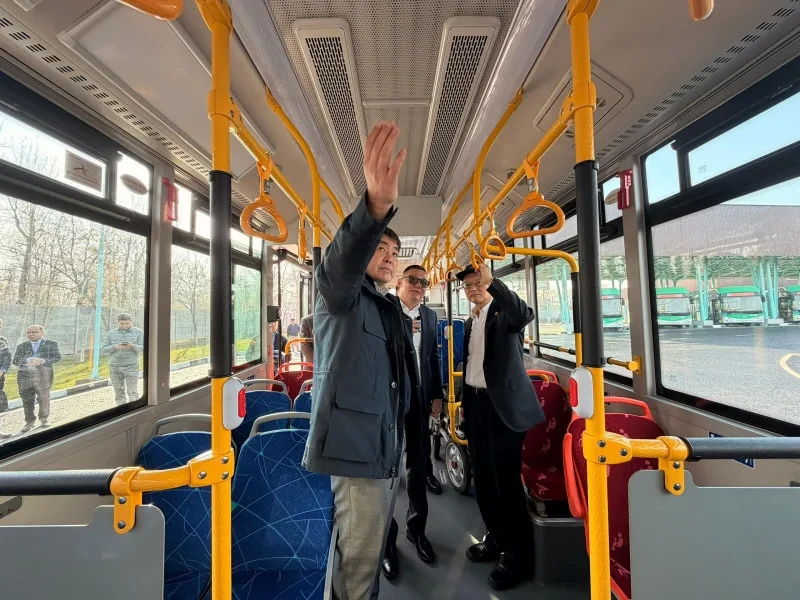
As part of his working visit to Kyrgyzstan, the President of the Asian Development Bank (ADB),...
The Asian Development Bank (ADB) has approved a program worth $56.4 million (approximately 5...
The government of the Kyrgyz Republic has made changes to the program concerning the creation and...
Kyrgyzstan sets an ambitious goal — to double the volume of agro-export by 2030. This was announced...

The growing interest in Central Asia, especially from leading countries, has become noticeable in...
On November 14, the First Meeting of Culture Ministers of Central Asian countries took place in...

Masato Kando, the President of the Asian Development Bank (ADB), arrived in Bishkek to carry out...

In the capital of Kyrgyzstan, Bishkek, a Forum for Women Entrepreneurs was held as part of the...
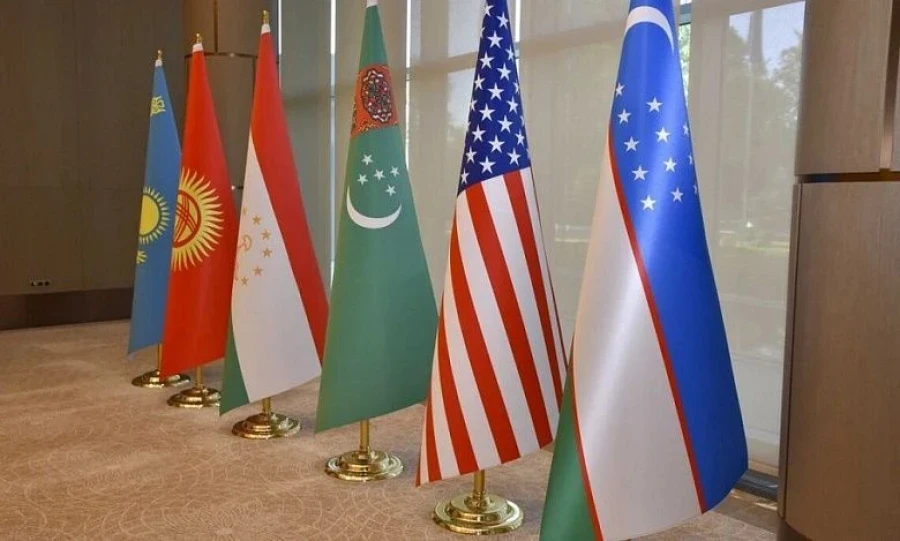
The heads of state of Central Asia have received an invitation from the President of the United...
During his visit, Shykmamatov visited Kahramanmaraş, which is one of Turkey's leading centers...
A batch of 95 new buses is currently being delivered to Bishkek, which are already en route from...
The President of the Kyrgyz Republic, Sadyr Japarov, participated on November 16 in the Seventh...
On October 29, 2025, a meeting was held in Bishkek with Matteo Patrone, Vice President of the EBRD,...
[img]http://vesti.kg/dаta:image/svg+xml;base64,PHN2ZyB4bWxucz0iaHR0cDovL3d3dy53My5vcmcvMjAwM...
A recent meeting held by the special representative of the President of Kyrgyzstan for the...
From October 29 to 31, 2025, the International Municipal Forum of BRICS will take place in St....
The President of the Kyrgyz Republic, Sadyr Japarov, participated in the Seventh Consultative...
By 2030, Kyrgyzstan aims to triple the volume of gross added value created by small and...
This week, a meeting is expected between the presidents of the United States and China, during...

In the capital of Kyrgyzstan, Bishkek, a business forum dedicated to Central Asian Regional...
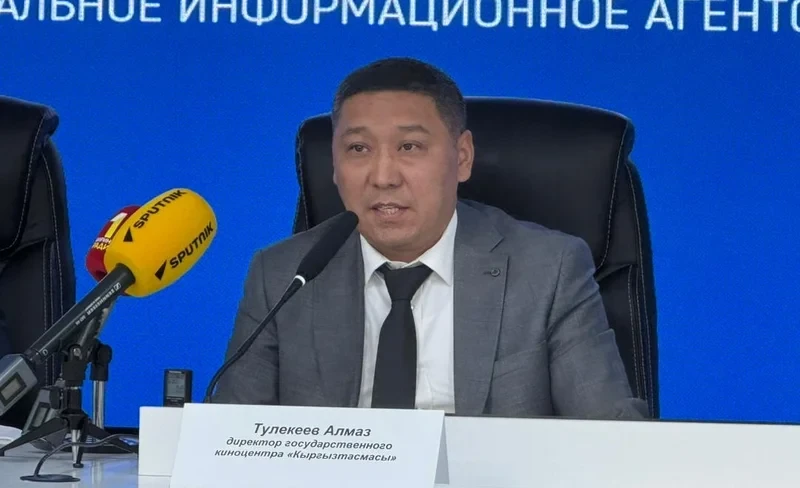
Almaz Tulekeyev, head of the state film center "Kyrgyzfilm," stated that the interaction...
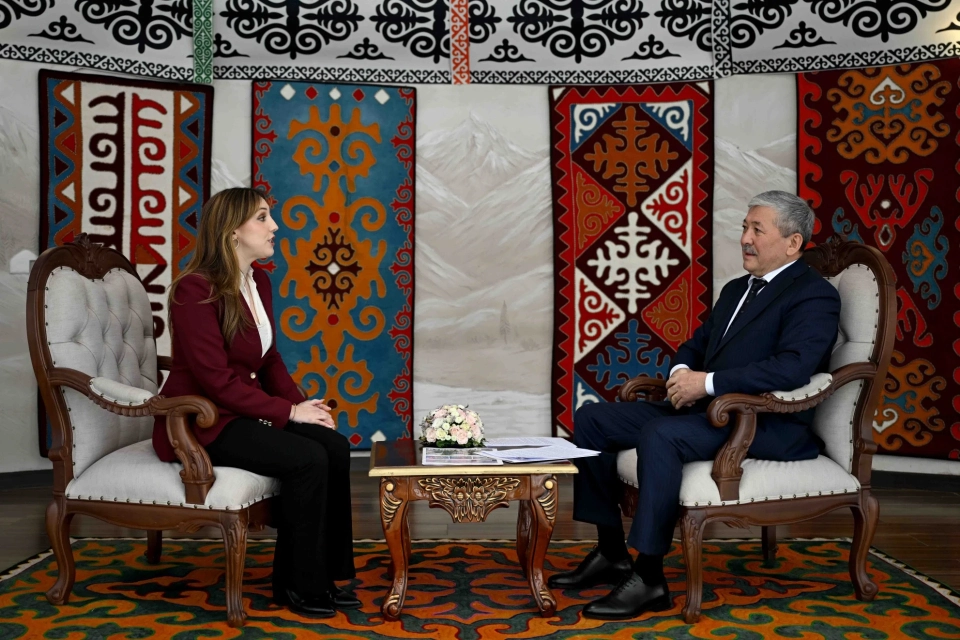
In an interview with Gulf News, an international business publication, the Prime Minister of...
At the youth forum "Kыялымыдагы Кыргызстан" ("The Kyrgyzstan of My Dreams"),...
Balykchy will receive 1.5 billion soms for development. This information was announced on October 6...

It is unlikely that any of us has seriously thought about where the water goes when it is poured...